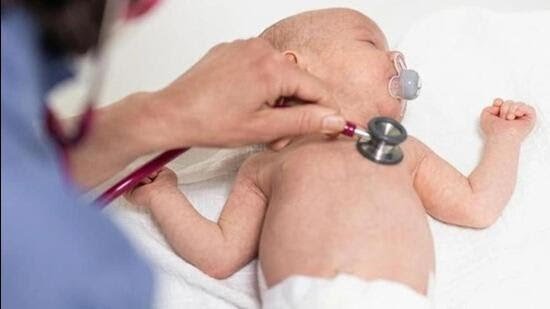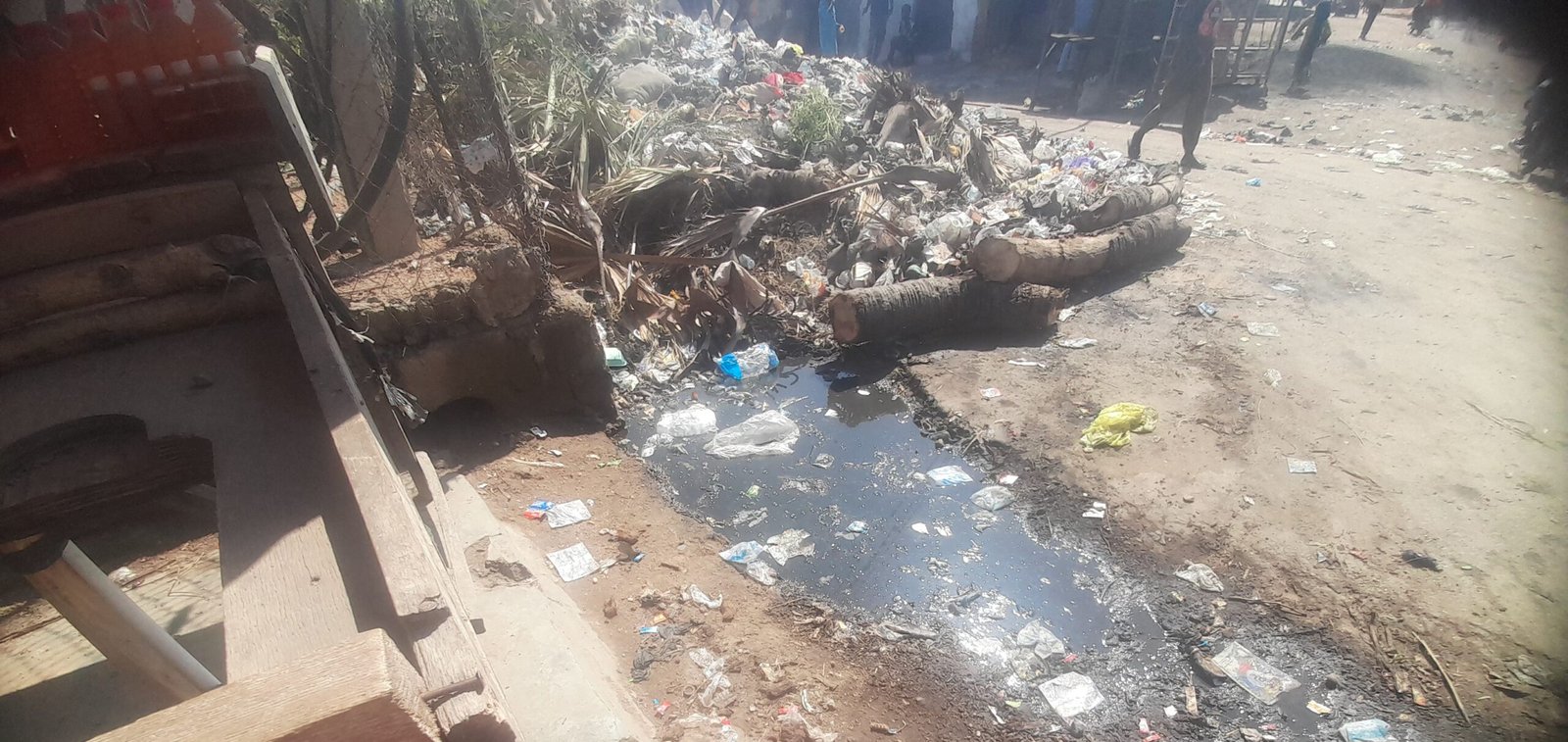Korede Abdullah in Lagos
The World Health Organisation (WHO) has issued urgent recommendations aimed at curbing the global threat of Respiratory Syncytial Virus (RSV), with a sharp focus on vulnerable infants under six months.
RSV is a leading cause of acute lower respiratory infections and under-five mortality, claiming an estimated 100,000 young lives annually and hospitalising over 3.6 million children globally.
“RSV is an incredibly infectious virus that infects people of all ages, but is especially harmful to infants,” said Kate O’Brien, WHO’s Director of Immunization.
Nigerian health authorities must prioritise awareness, maternal immunisation, and infant antibody access ahead of the RSV season.
Nigeria, like many low- and middle-income countries, bears a disproportionate burden of RSV fatalities due to limited access to essential medical interventions like oxygen therapy and hydration.
In its new position paper, WHO recommends two immunisation products to drastically reduce RSV’s impact: a maternal vaccine administered in the third trimester of pregnancy and a long-acting monoclonal antibody given to newborns.
These preventive tools have the potential to “transform the fight against severe RSV disease, dramatically reduce hospitalisations, and deaths,” O’Brien added.
In Nigeria, where infant mortality rates remain among the highest globally, these measures could be life-saving if rapidly adopted and scaled across public health systems, particularly in rural and underserved regions.
Though RSV symptoms often resemble the common cold — with coughing, fever, and runny nose — the virus can lead to deadly complications like pneumonia and bronchiolitis in infants and immunocompromised individuals.
With 97% of RSV-related deaths occurring in developing countries, experts stress the importance of proactive health strategies.
“Better management and putting in place preventive measures is largely the key,” WHO concluded — a message Nigeria cannot afford to ignore.



